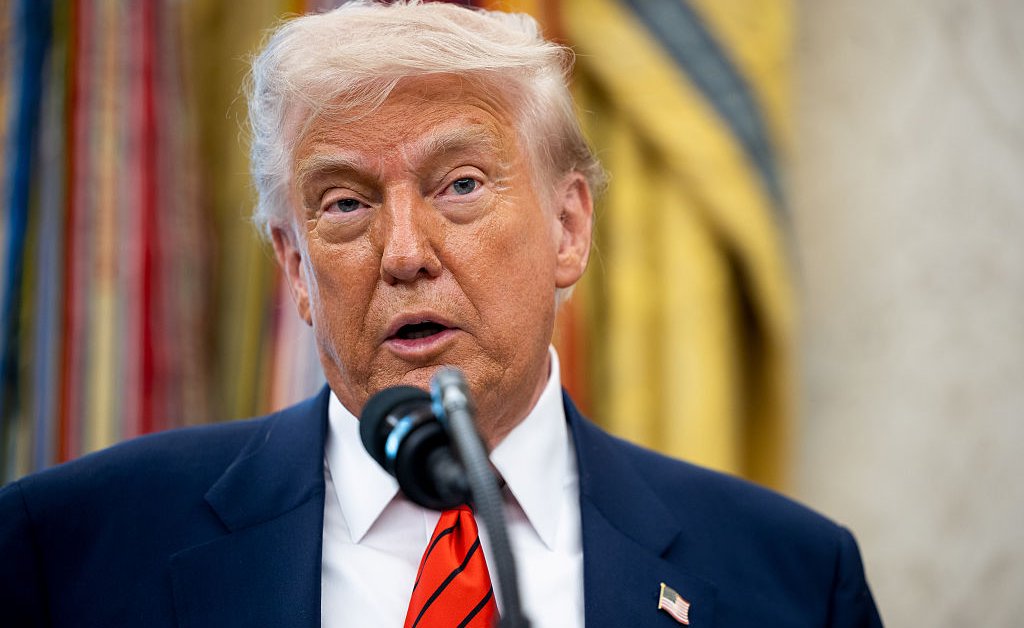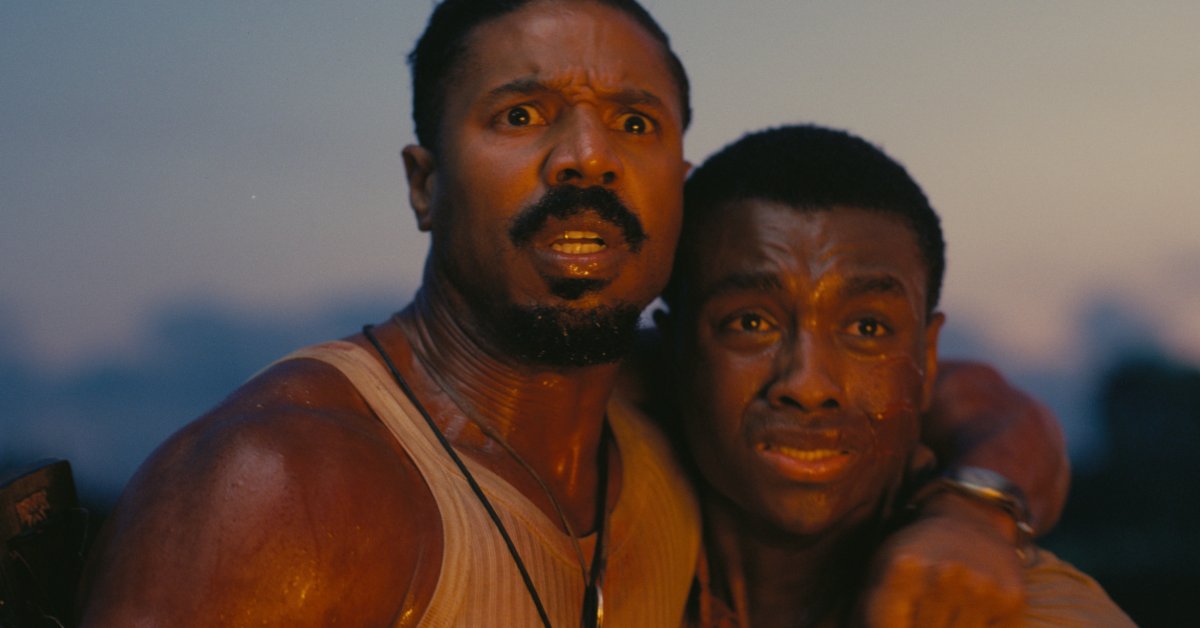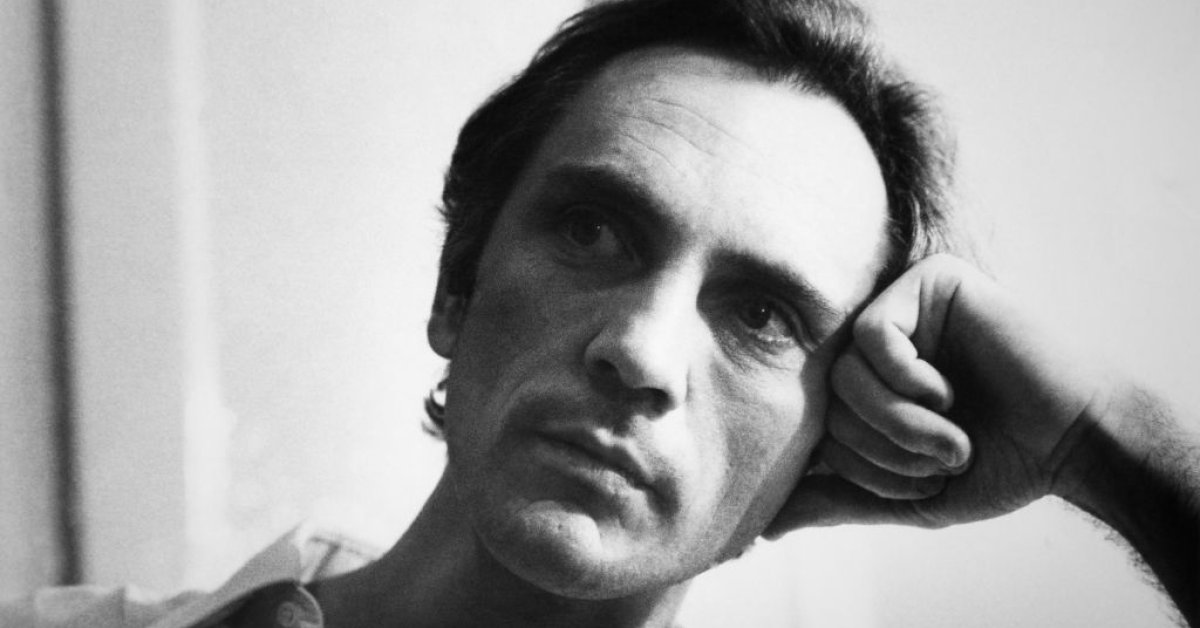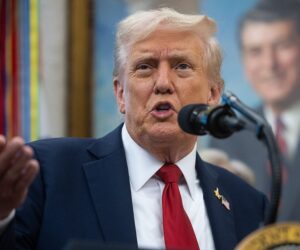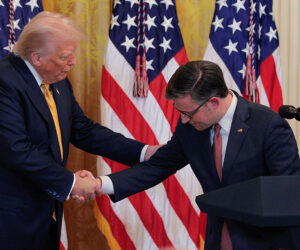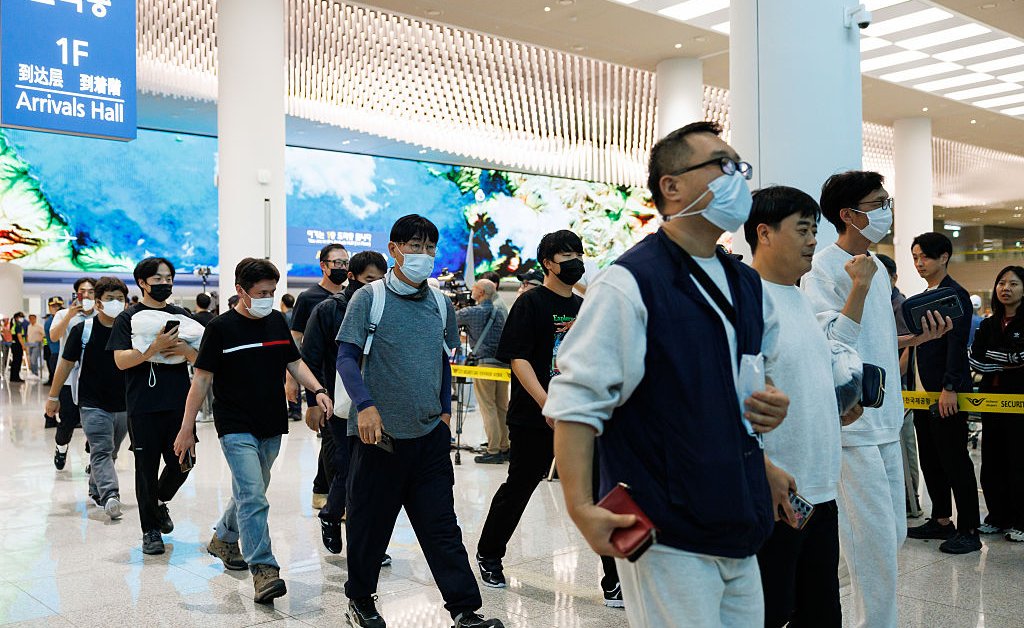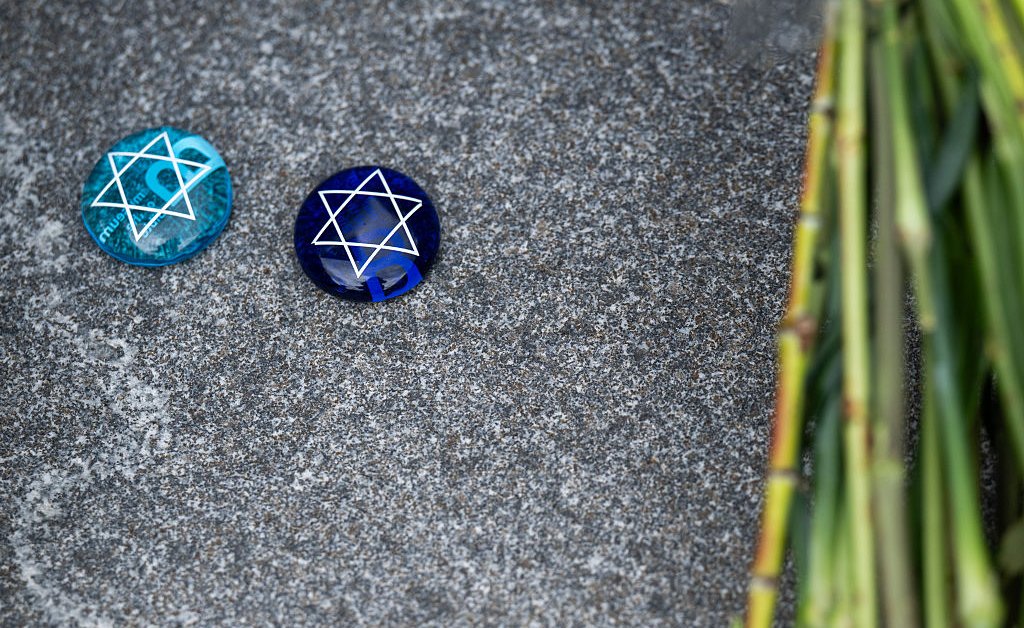Since President Donald Trump’s January 20 Executive Order against, what he calls, “illegal and immoral” DEI programs, the Trump Administration has been busy commanding an Orwellian erasure of women’s achievements from the public record. In January NASA was ordered to remove mentions of “anything specifically targeting women (women in leadership, etc)” from its website. The Pentagon has deleted online many mentions of female military members who made history. Even a dead woman is still a threat: the Arlington Cemetery website has erased pages on female veterans.
This feels Orwellian, because it reminds us of Orwell’s novel 1984, in which Winston Smith’s job at the Ministry of Truth is to send unwanted truths down the “memory hole” to be obliterated. Winston lives in a surveillance tyranny which falsifies history, including by erasing the names of people who have been “vaporised, and were therefore considered never to have existed.”
But it also feels Orwellian in a more profound way if we take the word to refer to how Orwell lived his life, rather than only to his novel. Orwell had a brilliant wife who was erased from history, and he started it.
Never heard of her? That’s because Eileen O’Shaughnessy’s name, along with her enormous contribution to Orwell’s life (she saved it) and work (she helped make it) have gone down the patriarchal memory hole. When the Trump Administration orders the erasure of women it is doing overtly something that is usually, in patriarchy, done underhandedly.
In Wifedom: Mrs Orwell’s Invisible Life, I explore just how a woman so crucial to a man’s life and work can be erased from the story while she is alive, and then, after she dies, from history.
And I also ask, why is it so important in our culture to disappear women from the story? Turns out, it’s how patriarchy creates itself. Erasing women makes men into the main characters in life and in history, and women into supporting cast, or caste.
O’Shaughnessy was an Oxford graduate in literature, a writer and editor who’d studied under famed British author John Ronald Reuel Tolkien. Before she met Orwell she wrote a poem titled “End of the Century, 1984.” She had the word “obey” deleted from her wedding vows—the first act of the editing genius she brought to the marriage. O’Shaughnessy was funny, telling stories about herself—and Orwell—“with an utter and deliberate frankness” one friend said, “revealing their relationship” as if they were characters in a book. And she was extremely brave. O’Shaughnessy saved Orwell’s life during the Spanish Civil War, though to read his account in Orwell’s memoir, Homage to Catalonia you’d not even realise she was there.
O’Shaughnessy was the main breadwinner, and worked during WWII at the Department of Censorship in London. When Orwell proposed writing an essay critical of Stalin, she told him it would never be published. So, the couple began an animal fable instead, a book unlike any other he had written before, one imbued with O’Shaughnessy’s wit and whimsy, and her acute sense of other people. Orwell’s publisher and friend of the couple, Fred Warburg, was astonished by Animal Farm. “How this ‘writer of rather grey novels, with heroes embodying some aspect of his personal character, had suddenly taken wings and become – a poet,” he said in his memoir. Warburg simply could not fathom. “There was,” he writes, “after all, little in Orwell’s previous work to indicate that he was capable of this supreme effort.”
Too often, the miracle of the man and his masterpiece is achieved by making a woman disappear, even as she’s standing there, probably serving them dinner.
After six years of research, popular biographies of Orwell came to seem like fictions of male achievement and innocence (or “decency,” to use an Orwell term), created by erasing women. We don’t hear about what our hero might owe them (as mothers, teachers, editors, mentors or financiers), nor what he did to or with them (as girlfriends prostitutes, wives, mistresses and, unfortunately, sexual assault victims).
The most underhand way women are erased is by the passive voice. Manuscripts appear to type (or improve) themselves, idyllic writing circumstances simply exist, an escape from Stalinist pursuers “is achieved.” Every time I saw “it was arranged” or “nobody was hurt” I became sensitised—who arranged it? Who might have been hurt?
And without the labor of women the successes of some of history’s most famous men makes no sense. You’d never understand from reading the biographies that Orwell grew up in a family of left-wing, feminist women. His mother was a Fabian socialist; both she and her sister Nellie, to whom Orwell was close, were suffragettes. They raised a boy who felt he was an underdog too, and who—to our great benefit—could see through the stories the world tells about itself.
As O’Shaughnessy’s sense of self was whittled away and her life ebbed, I saw something more sinister. Orwell’s sense of himself as a man and an artist was buttressed not just by her work, but by his power over her.
This is the power Trump’s policies could give back to disgruntled men everywhere: jobs are gone, you have inadequate healthcare and feel vulnerable—but you still have your most basic power, which is power over women.
Removing women from public recognition as astronauts, patriots, or anything else, is a step towards pretending their achievements never happened. Orwell put it best, in 1984, “Who controls the past controls the future. Who controls the present controls the past.” A MAGA-revised history would read that women have always been kept at home, it is their “natural” place to work unpaid—and at unrecorded cost to them—in the interests of men and families.
And then, having erased women from the public sphere, MAGA men could to take the impunity of untrammelled power they feel in the private sphere and spread it everywhere, to move fast and take/break things.
This does not mean we should cast aside, or “cancel,” Orwell. Indeed we need his important work to understand the world today. But nor should we erase the women who show us who he really was, or the American women who made, and make, history. Understanding the truth of Orwell’s life makes more sense of his art. We can see the women who made him and showed him another world underneath the “normal” one; and the women he used and abused to feel like a man, and to get his work done. And by recognizing how women are erased, we reveal the doublethink that is male entitlement: some animals are more equal than others.
Orwell’s work is important to make sense of our world, as it arcs towards power blocs of opposing surveillance autocracies, and we carry “telescreens” in our pockets at all times, revealing everything about us to craven, unaccountable, data-hoovering Big Broligarchs who can erase us with a keystroke.
Or, the President can order it done. Revered institutions vulnerable to his autocratic, retribution-style politics have erased women from the historical record. I just hope they backed up their databases first, so that when this memory-hole era is over, they can put the women who made history back into it with a click.
And for O’Shaughnessy—and any of us who fear being disappeared into domesticity, let alone history—there’s Wifedom.

